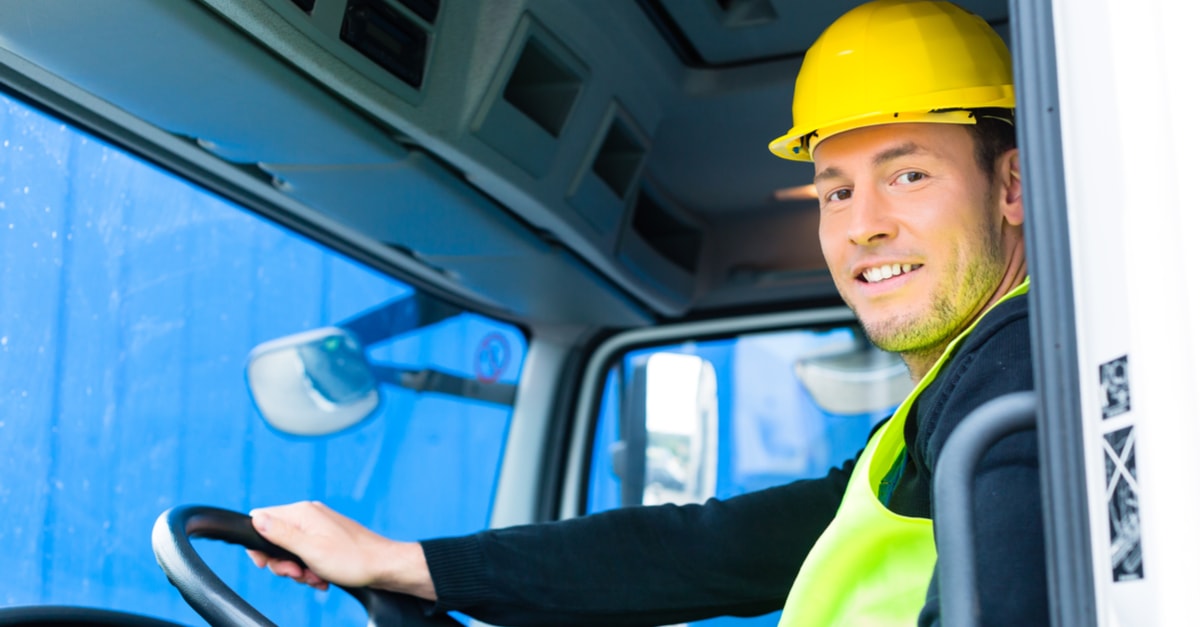Construction Fleet: Employee Auto Liability Risks

Construction Fleet Liabilities > Employee Liabilities
If you’re one of the many employers who has a commercial auto fleet, you know how important it is to ensure your employees and vehicles are protected on the road. But, what happens when you have independent contractors or an employee uses their own vehicle for company tasks? What might seem harmless can open up your business to liabilities, and in turn, lawsuits. In this article, we’ll explore these exposures and evaluate how you can minimize your risks. Before reading on, be sure your business operation is protected from front to back with a comprehensive New Mexico Commercial Auto Insurance policy.
Understanding vicarious liability.
Vicarious liability puts the liability of an employee on the employer while the employee is serving the employer. An employer can be held liable for an employee’s negligent actions while working (or traveling for work). Vicarious liability gives victims the right to sue employers for the damage employees cause while on the clock. So, for example, if an employee drives to the bank for her employer and injures someone in an accident, the victim could sue the employer for damages. Suing an employer is usually more lucrative than suing an employee, so victims can use this law to get the most out of a lawsuit. Vicarious liability can be a nice loophole to get more money, but it’s also an important protection, explains TimeSheets.
Employee car insurance.
If your employees are involved in an accident on the clock or while running errands for the business, their personal auto insurance can deny benefits. Their personal car insurance covers their personal use, not business use. Therefore, the insurance company can deny the claim altogether if the accident occurred while being used for business reasons.
Another issue to consider is the lack of coverage your employee carries on their personal auto insurance. If their claim was accepted, they still might not carry enough coverage to repair the vehicle or the damaged property and injured people. Therefore, that slack will have to be picked up by the business owner.
Workers’ Compensation.
The final issue with allowing employees to use their own vehicles for work commuting is the risk of workers compensation.
Employees can be eligible for worker’s compensation if they were injured while driving their personal vehicles for work-related purposes. Again, if an employee was insured at the time of the accident, the employee’s insurance will be liable to pay for injuries up to the covered amount. After that coverage is drained, the worker’s comp could cover further injuries or lost wages.
About Daniels Insurance, Inc.
Daniels Insurance, Inc. provides expertise in both Owner Controlled Insurance Programs (OCIP) and Contractor Controlled Insurance Programs (CCIP). For more information about our construction insurance policies and more, contact us today at 800.530.8885.
